Broad spectrum sunscreen is a superhero for your skin. It acts as a shield, protecting you from two types of harmful ultraviolet (UV) rays from the sun: UVA and UVB.
- UVA Rays: These rays penetrate deep into the skin, reaching the dermis layer. They are responsible for premature aging, wrinkles, and can contribute to skin cancer.
- UVB Rays: These stronger rays cause sunburns and contribute to skin cancer development.
Sun exposure is a major contributor to skin cancer, the most common form of cancer in the United States. Look for the label "broad spectrum" and an SPF (Sun Protection Factor) of 30 or higher for optimal defense. Some other sunscreens may only protect against UVB rays (the burning kind). These won't shield you from UVA rays (the aging kind).
How Does it Work?
Broad spectrum sunscreen works like a double agent on your skin, employing two main strategies to fight off UVA and UVB rays:
-
Sunblockers: Imagine these ingredients like tiny sponges. They're called oxybenzone, avobenzone, octinoxate, and ecamsule, and they soak up UVA rays (the deep ones) before they can hurt your skin. Avobenzone is good at blocking those deep UVA rays.
- Reflectors: Ingredients in the broad spectrum sunscreen act like tiny mirrors. They sit on your skin and bounce UV rays away. These are minerals called zinc oxide and titanium dioxide. Zinc oxide blocks both UVA and UVB rays, while titanium dioxide blocks most UVB rays and some UVA rays.
How to Choose the Best Broad Spectrum Sunscreen?
Beyond the standard SPF and "broad spectrum" label, here are some unique factors to consider when choosing the best sunscreen for you:
- Skin Type:
Sensitive Skin: Avail mineral-based sunscreens with zinc oxide or titanium dioxide, as they tend to be less irritating. Avoid oxybenzone and avobenzone, which can cause reactions.
Oily Skin: Choose oil-free, non-comedogenic formulas like lotions or gels. Look for ingredients like mattifying silica.
Dry Skin: Opt for hydrating formulas like lotions or creams containing hyaluronic acid or ceramides to replenish moisture.
- Lifestyle:
Active Lifestyle: Pick a water-resistant sunscreen (40 or 80 minutes) that can withstand sweat and splashing. Look for labels like "active" or "sport."
Daily Use: Consider a lightweight, everyday sunscreen with an SPF of 30 or higher that you'll comfortably wear under makeup. Lotions or gels might be good choices here.
Reef-Safe Concerns: If protecting coral reefs is a priority, choose mineral-based sunscreens free of oxybenzone and octinoxate, which can harm coral.
- Finish:
Matte Finish: These are ideal for oily skin as they absorb excess oil, leaving a shine-free look. Matte finish sunscreen is lightweight and comfortable for everyday use. Look for ingredients like mattifying silica.
Dewy Finish: These sunscreens leave a light sheen on your skin, making it appear more hydrated and plump. They're good for dry skin or those who prefer a more radiant look.
Glowy Finish: Similar to dewy finishes, these sunscreens offer a radiant, healthy-looking glow. They often contain light-reflecting particles for a subtle shimmer.
- Ingredient Scrutiny:
PABA (para-Aminobenzoic Acid): This older sunscreen ingredient can cause allergic reactions and irritation in some individuals.
Fragrance: Fragrances are common in sunscreens, but they can irritate sensitive skin. Look for fragrance-free options if you have concerns.
Parabens: These preservatives are used to extend the shelf life of sunscreens. While generally considered safe, some people prefer paraben-free options due to potential health concerns.
- SPF and PA+ Ratings:
SPF (Sun Protection Factor): This indicates how well a sunscreen protects against UVB rays, the main cause of sunburns. Prefer SPF of 30 or higher for daily use. Higher SPFs offer more protection but may feel thicker or greasier.
PA+ Rating: This indicates UVA protection which has more "+" symbols signify better UVA protection. Aim for PA+++ or PA++++ for optimal UVA defense.
Wrapping Up
Choosing the right broad-spectrum sunscreen can feel overwhelming, but with these unique considerations, you can find the perfect fit for your skin and lifestyle. Remember, the best sunscreen is the one you'll wear every day, so prioritize comfort and wearability. Sunscreen for Oily Skin recommended by dermatologists is very beneficial if you have oily skin and have specific concerns. Don't forget to consider the environment and opt for reef-safe, eco-conscious options whenever possible. By making informed choices, you can ensure comprehensive sun protection for your skin and our planet.


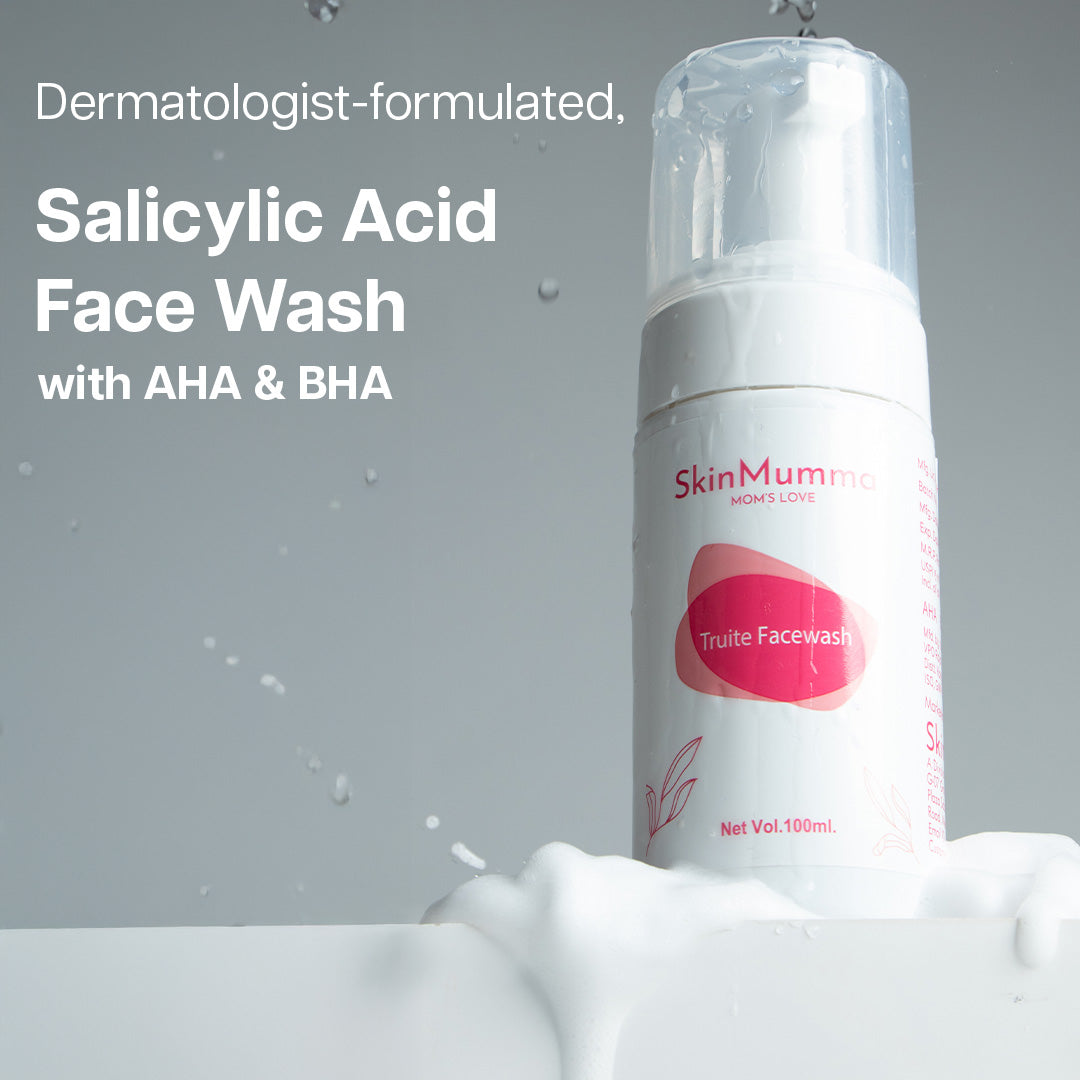
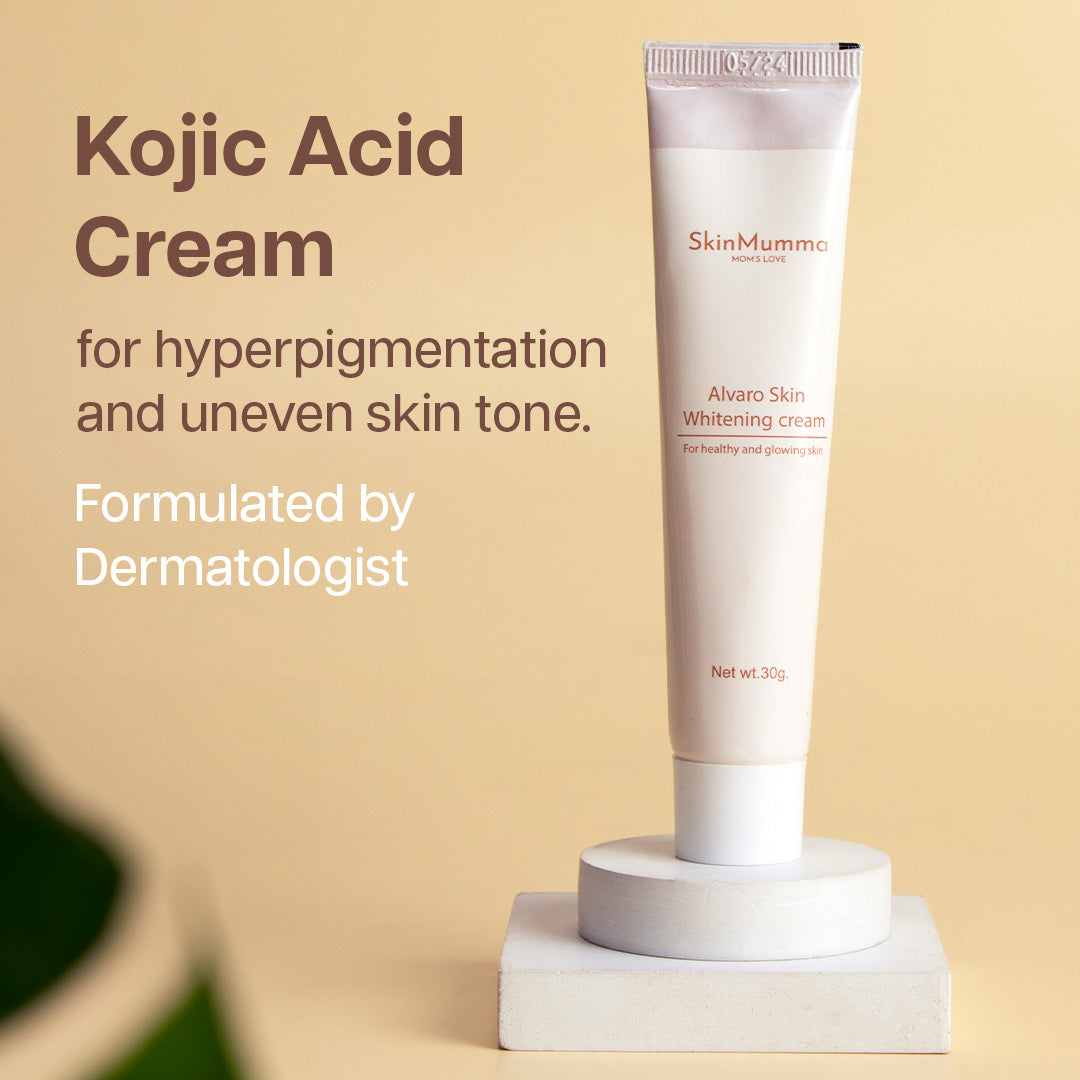
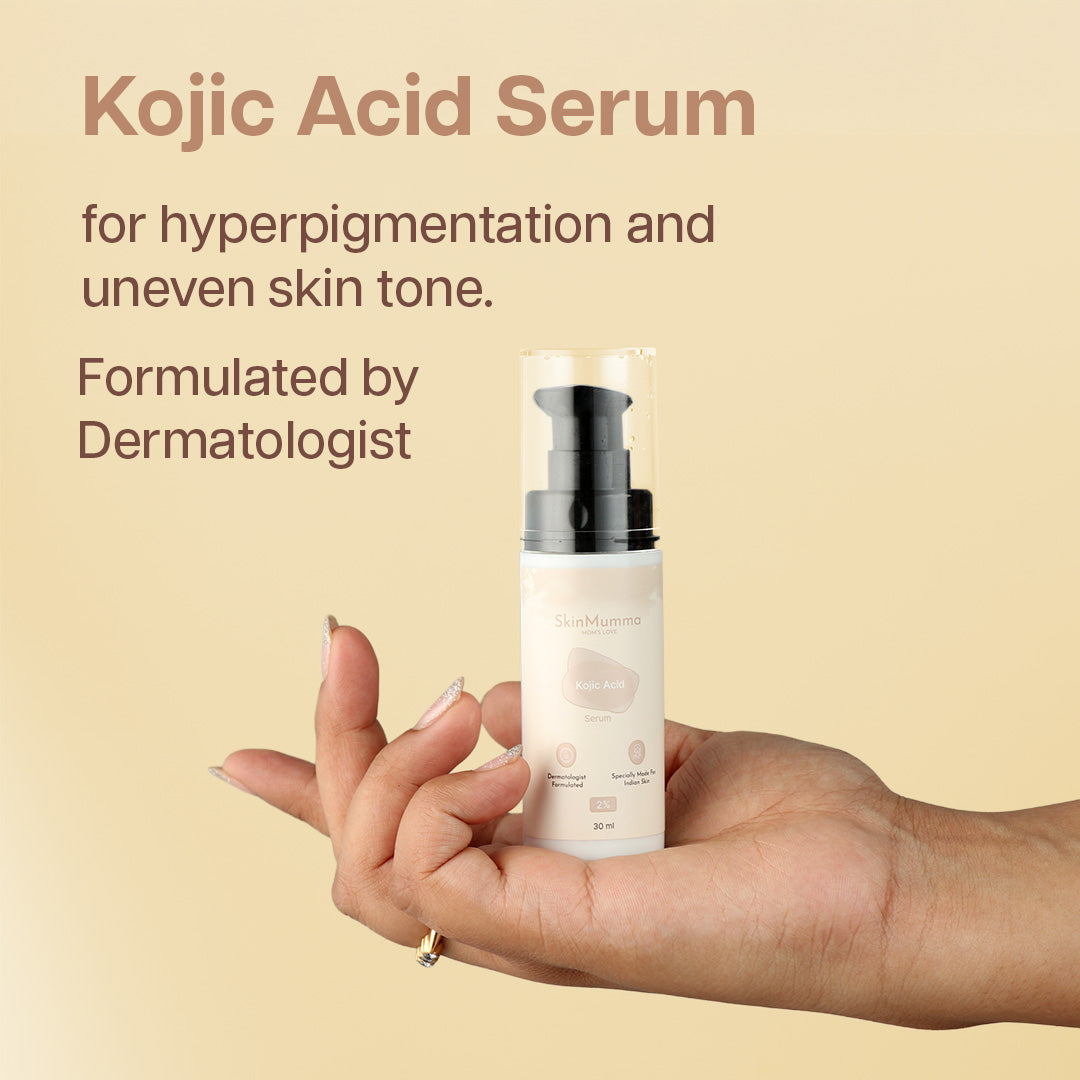
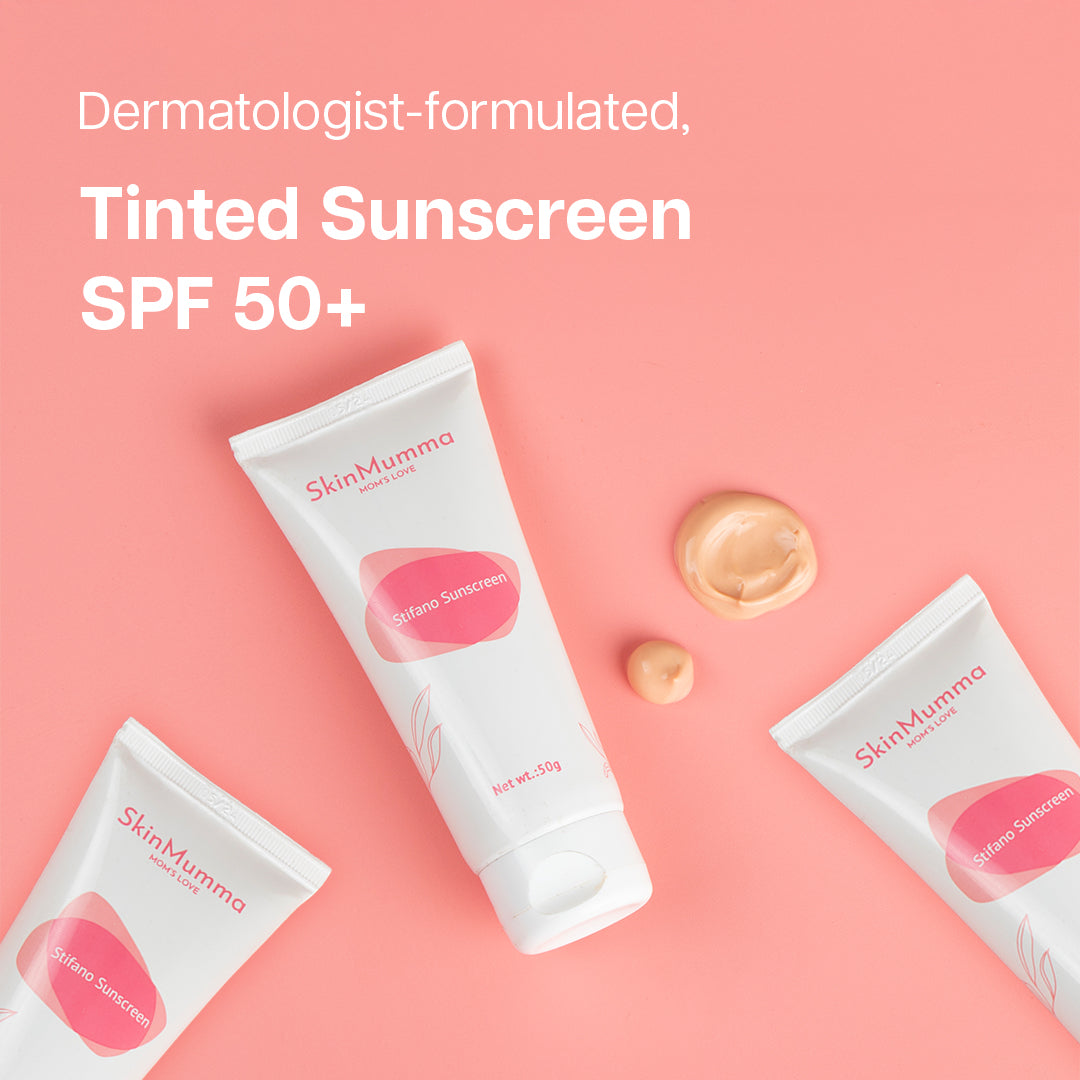
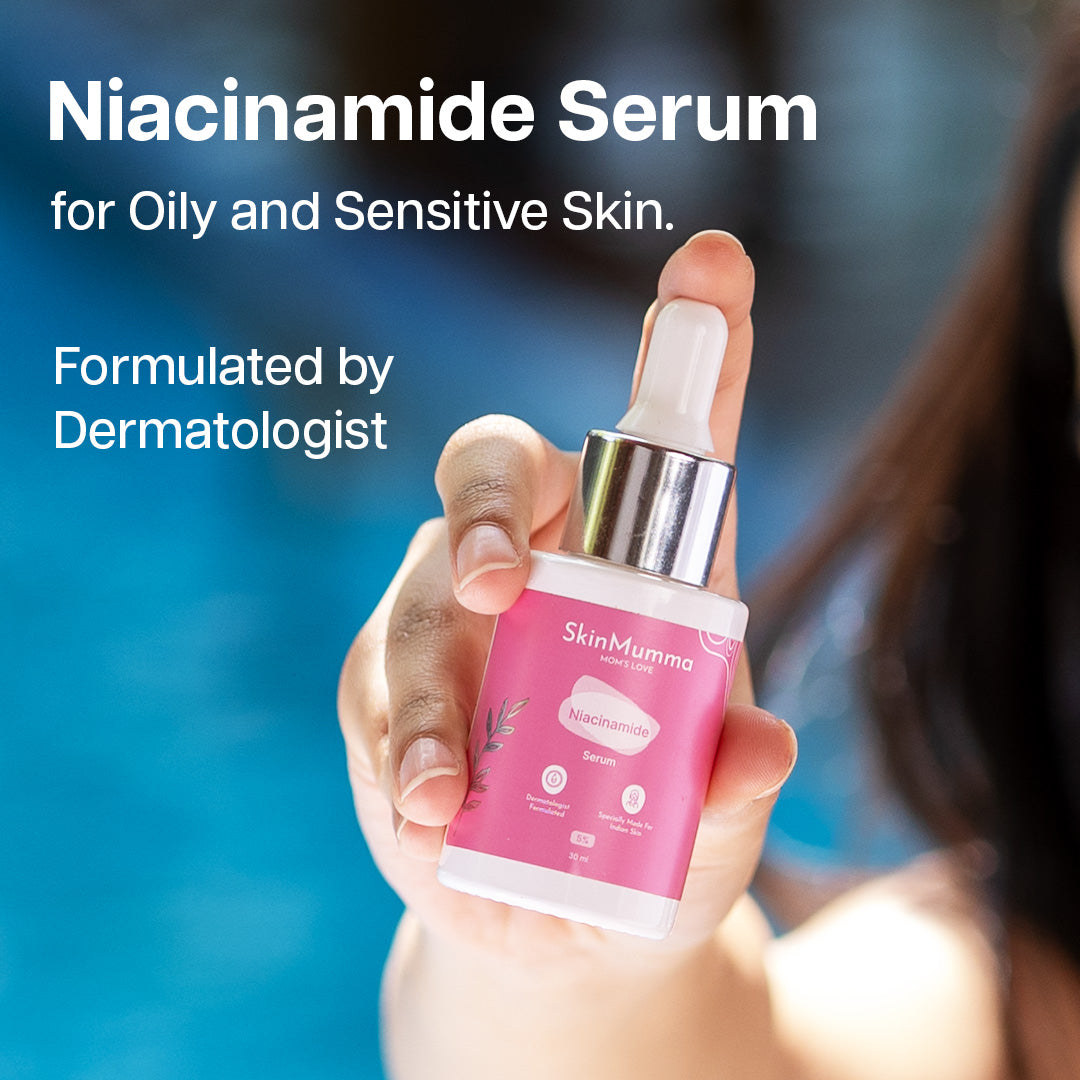
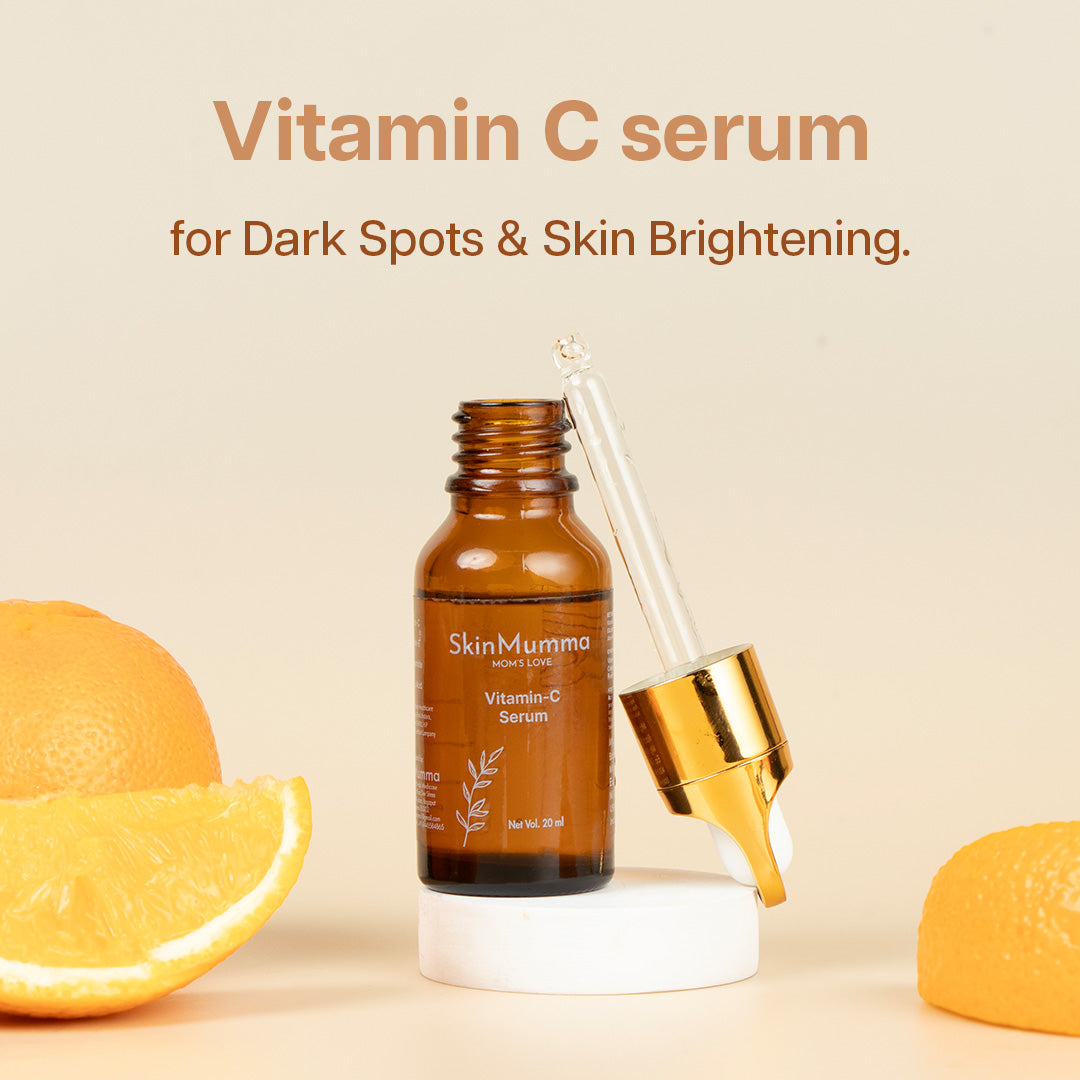




Dr Manisha Bindal is the senior dermatologist and laser skin expert with more than 25 yrs of experience in clinical practice. She has to her credit various advanced skin care procedures and Laser skin treatment protocols including chemical peels, fillers, threads and injections. You can trust the expert hands for any skin or hair related problems or any procedure if need be.